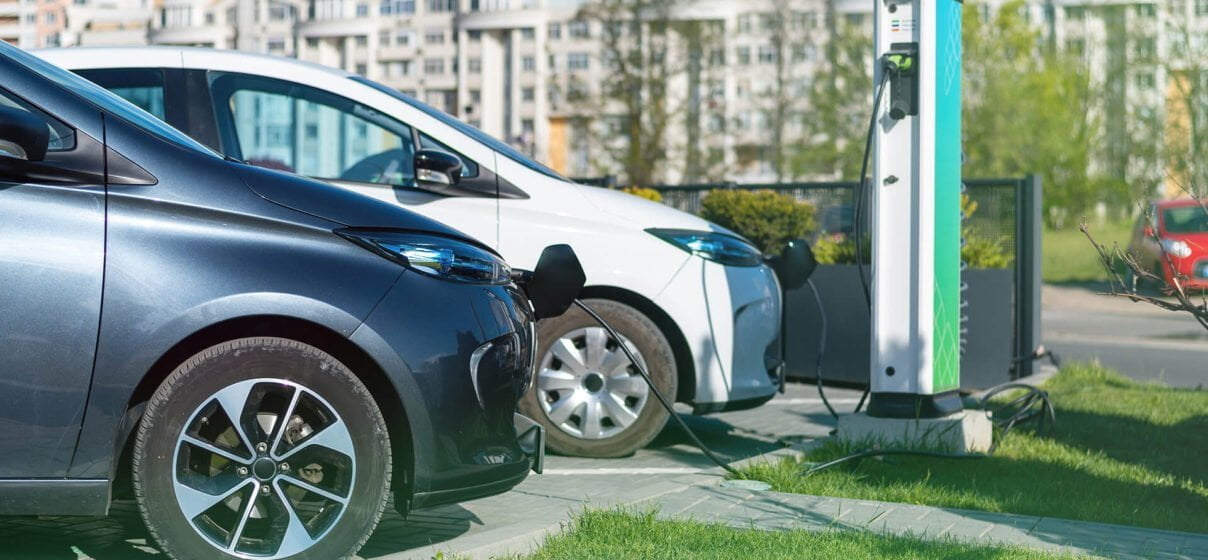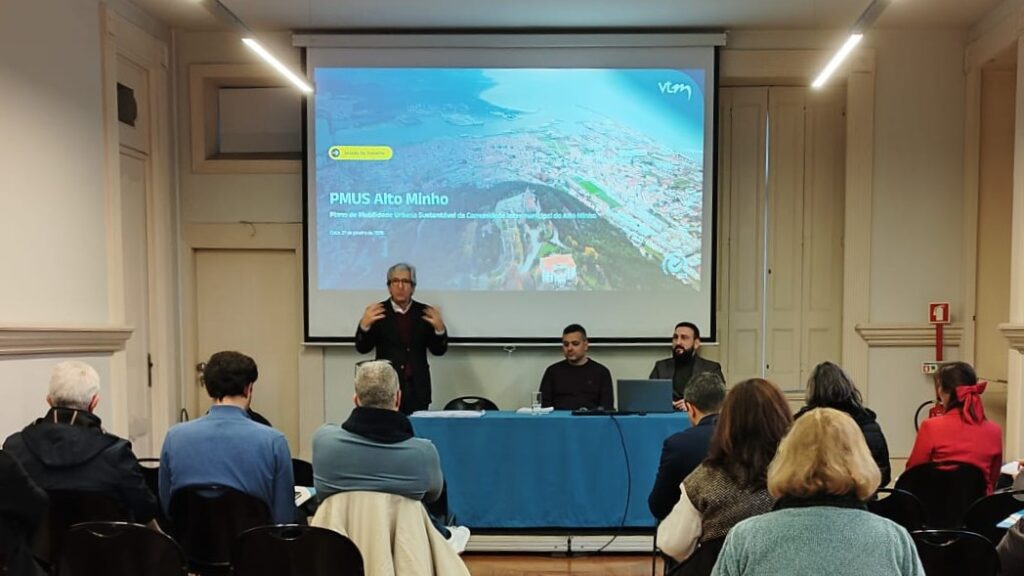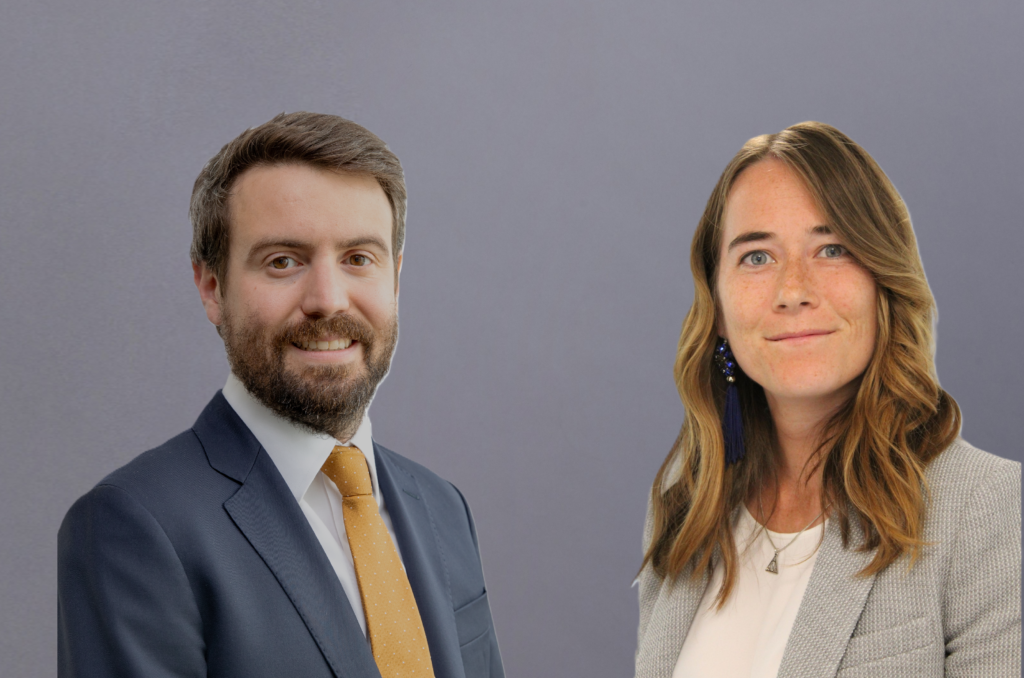VTM for sustainable transport

Sustainability and the energy transition are a clear target for most companies nowadays. We witness this in our client meetings, when this topic is increasingly the core of our talks – be them with public entities, investors or private enterprises.
We are all conscious that we must all do our part to cut emissions globally, solve urban traffic congestion and reduce the related fatalities, make a better use of the existing infrastructures to preserve the natural environment.
Focussing on transport, the opportunities and challenges in front of us are many, for instance:
- The phasing out of fossil fuels, which brings about electrification needs and increasing demand for specific raw materials.
- The need of favouring soft modes and optimising public transport supply, both for municipalities and companies.
- Autonomous vehicles and their potential impact on private transport demand.
- Market liberalisation, favouring competition and increased affordability.
- The demand for improved and sustainable logistics to face the increasing international trade.
At VTM, we stand beside our clients in a number of assignments and strive to stay at the edge of innovation in this sector.
How do we do this?
In this exciting evolution, we support international funds in evaluating investment opportunities in the energy transition sector. We advise port authorities to improve railway accessibility. We assist railway operators in structuring and constantly modelling their offer.
We also have extensive experience in advising municipalities and regional governments in implementing sustainable mobility solutions in general and for specific groups – like a school ecosystem (parents, students, teachers and staff) or a business environment – both in the occasion of specific events and for everyday challenges.
Several private enterprises have relied on us to develop company mobility plans aiming to find more sustainable solutions for their employees’ daily travel and reduce their carbon footprint. Actors of the semiconductor industry also chose us to properly structure their logistics.
On the other hand, the last mile of urban logistics requires solutions that optimise the circulating fleets, adapting to the urban space available and the regularity of delivery – always focusing on decarbonisation and minimising the intensity of use of public space.
Finally, we have contributed to strategic projects of the European Commission aiming to pave the way to the transport of the future.
We know it is a drop in the ocean, but we are proud to contribute.
If you wish to discover the full range of services VTM can offer, you may download our capability statement.
Latest news
All news
Collaborative mobility planning takes a major step forward in Alto Minho
This week, Ponte de Lima hosted an important milestone for sustainable mobility in the Alto Minho region, with the working sessions of the 2nd-generation Sustainable Urban Mobility Plan of Alto Minho (SUMP Alto Minho), promoted by CIM Alto Minho. At VTM, we are proud to support CIM Alto Minho in the development of a new-generation […]

VTM welcomes Oriol Riba and Alessandra Bernardi
VTM is pleased to announce the addition of two highly experienced professionals, Oriol Riba and Alessandra Bernardi, further strengthening our capabilities across infrastructure advisory and transport modelling. Oriol Riba joins VTM as a Senior Associate Director with more than fourteen years of experience in the infrastructure sector, with a strong focus on transport and additional exposure to energy […]
